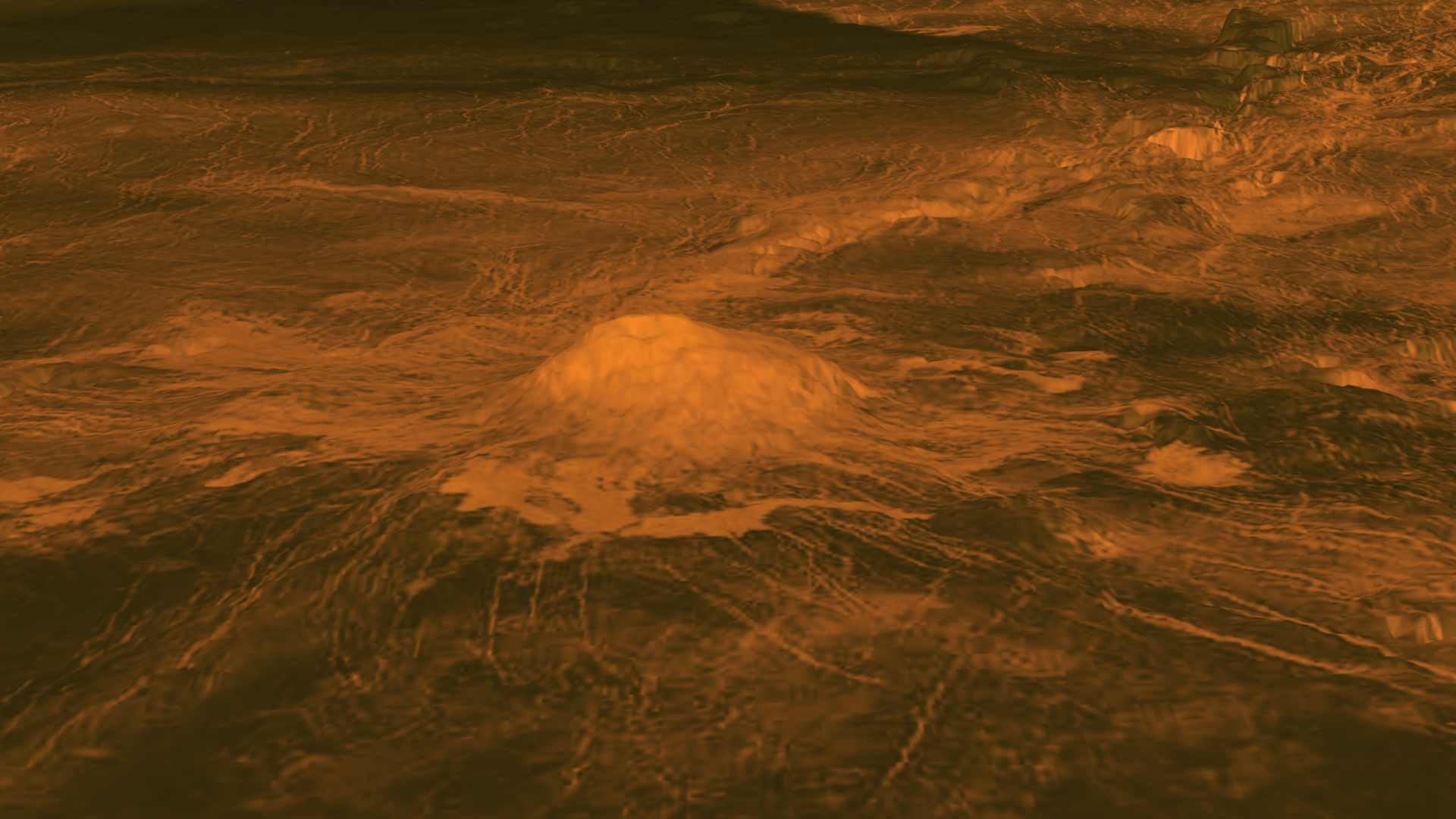The universe
Explore The universe
Latest about The universe
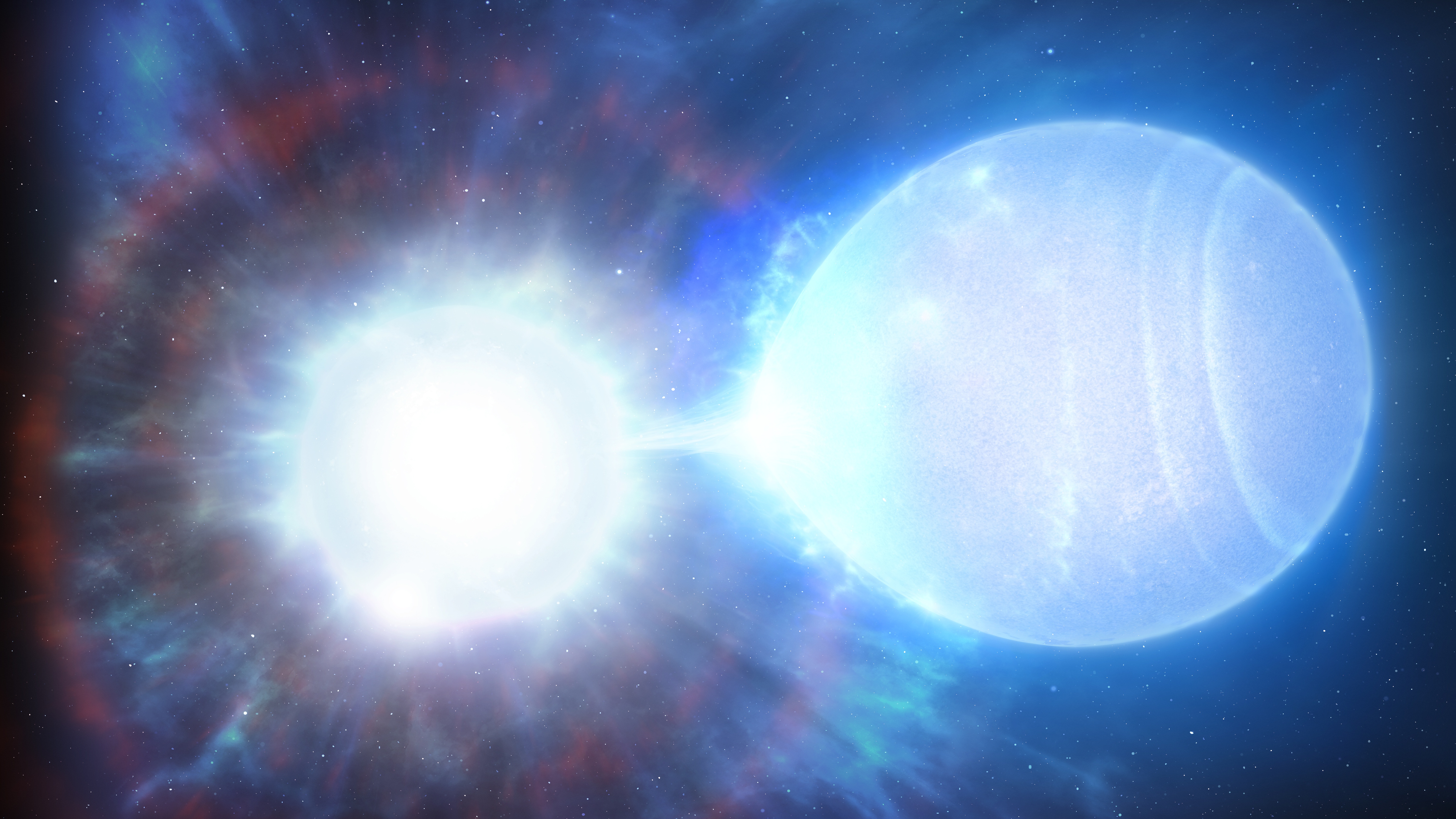
Scientists find rare double-star spiral doomed for supernova explosion
By Julian Dossett published
In 23 billion years, these two white dwarf stars will collide. Then, they'll explore. Here's why scientists say this discovery is such a big deal.

'Major disruption' has caused Arctic polar vortex to slide off North Pole, scientists say
By Sascha Pare published
A sudden stratospheric warming event reversed the winds that make up the northern polar vortex on March 9. A new animation shows the vortex also moved away from the Arctic towards Europe.
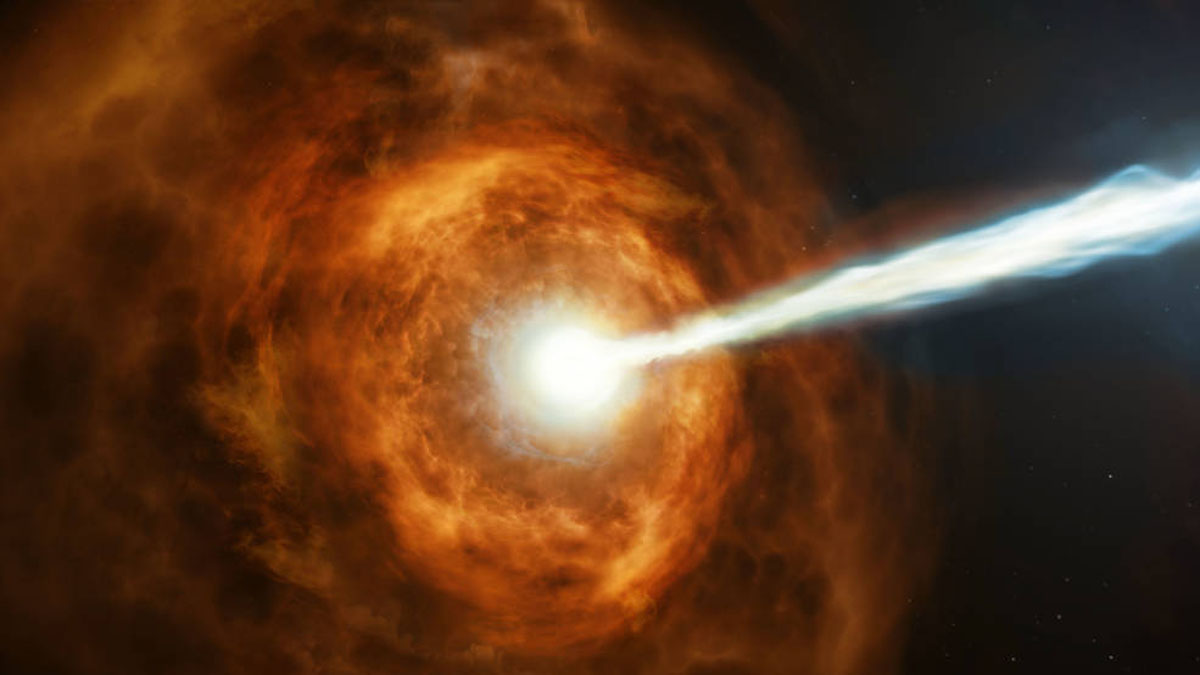
The most powerful explosions in the universe could reveal where gold comes from
By Charles Q. Choi published
Extraordinarily powerful light from gamma-ray bursts might help produce heavy elements from the outer shells of dying stars.
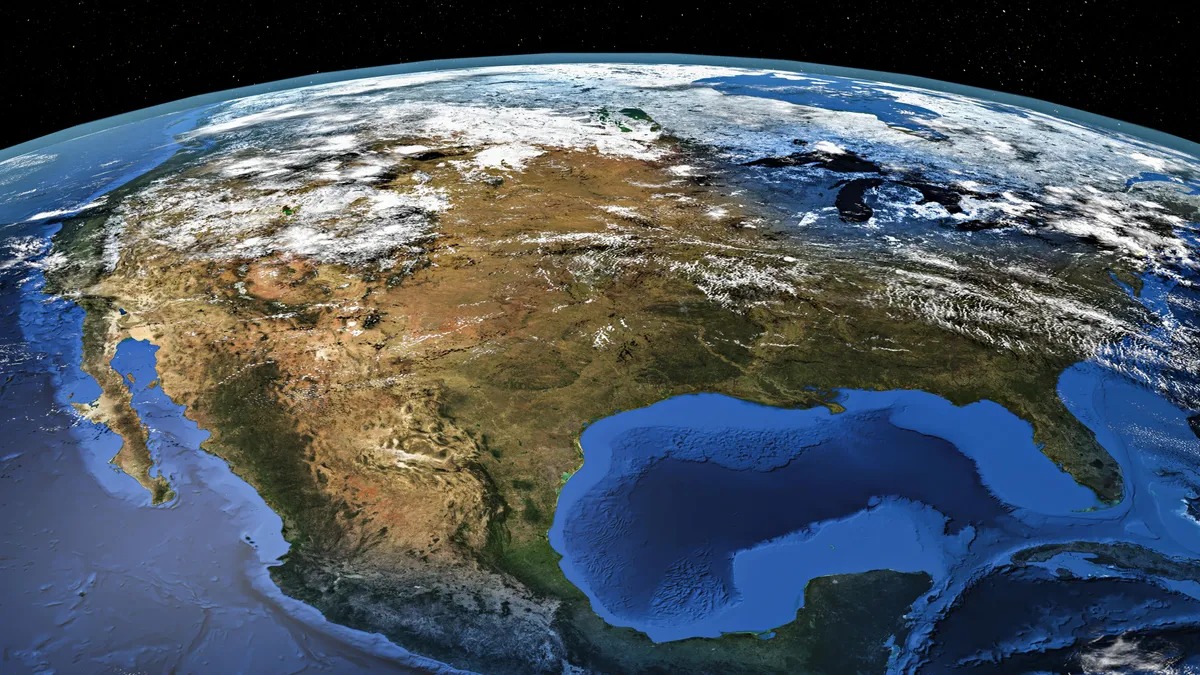
North America is 'dripping' down into Earth's mantle, scientists discover
By Sascha Pare published
Seismic mapping of North America has revealed that an ancient slab of crust buried beneath the Midwest is causing the crust above it to "drip" and suck down rocks from across the continent.
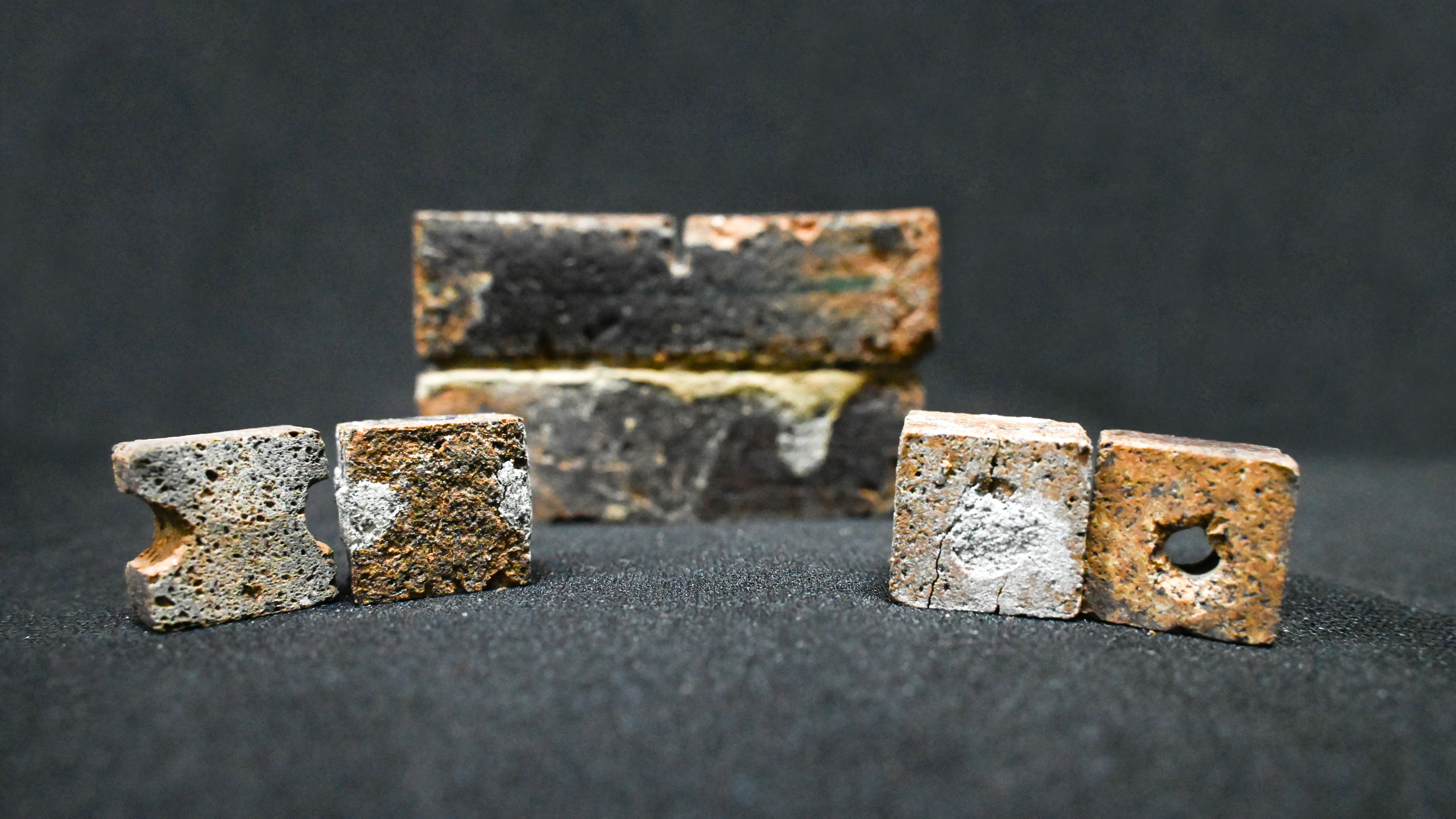
How bacteria could help build and maintain cities on the moon
By Keith Cooper published
The bacteria, Sporosarcina pasteurii, is able to make calcium carbonate that can act as a sealant to fix bricks made from lunar regolith.
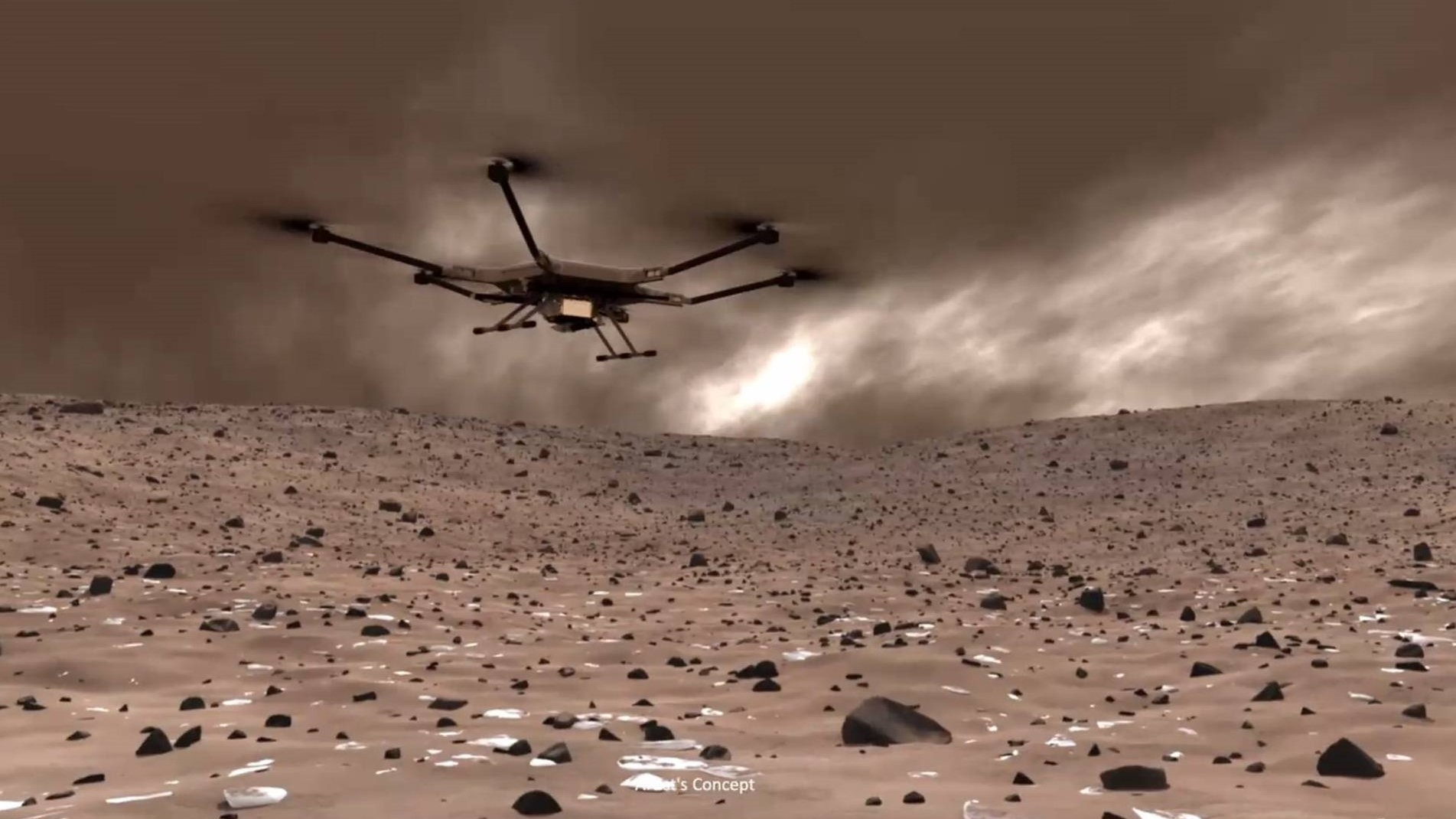
Meet 'Nighthawk': Mars helicopter mission could be big leap for exploration
By Andrew Jones published
NASA's next Mars chopper concept could do far more than fly — it could help unlock the planet's watery past, reveal signs of life and scout landing zones for astronauts.
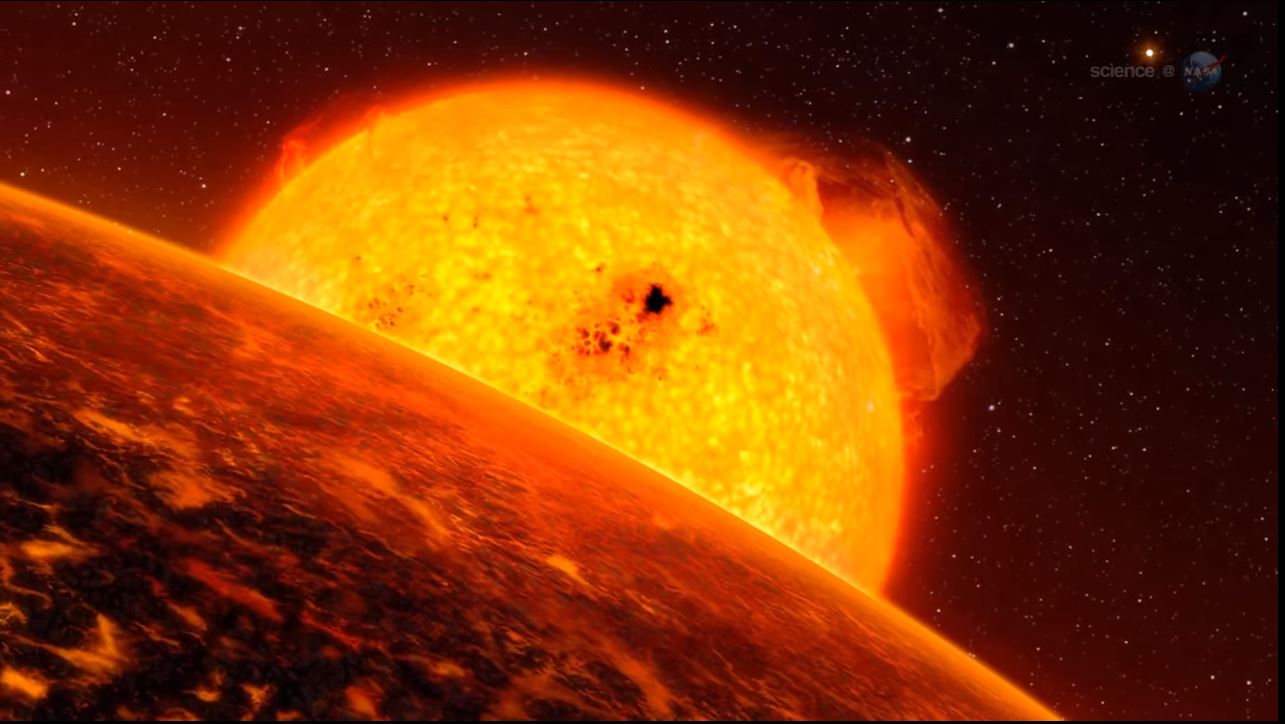
Scientists are using stellar 'quakes' to peer inside stars
By Victoria Corless published
Scientists are probing stellar "quakes" to understand what lies beneath the surface of a star's body.
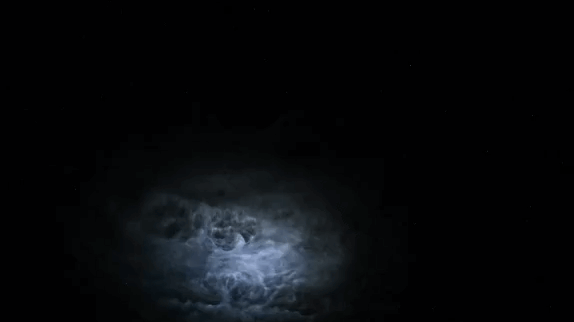
Rare colorful lightning caught on camera by ISS astronaut. 'OK, this is kind of out there'
By Brett Tingley published
"OK, this is kind of out there and caters to your inner Uber-Geek."
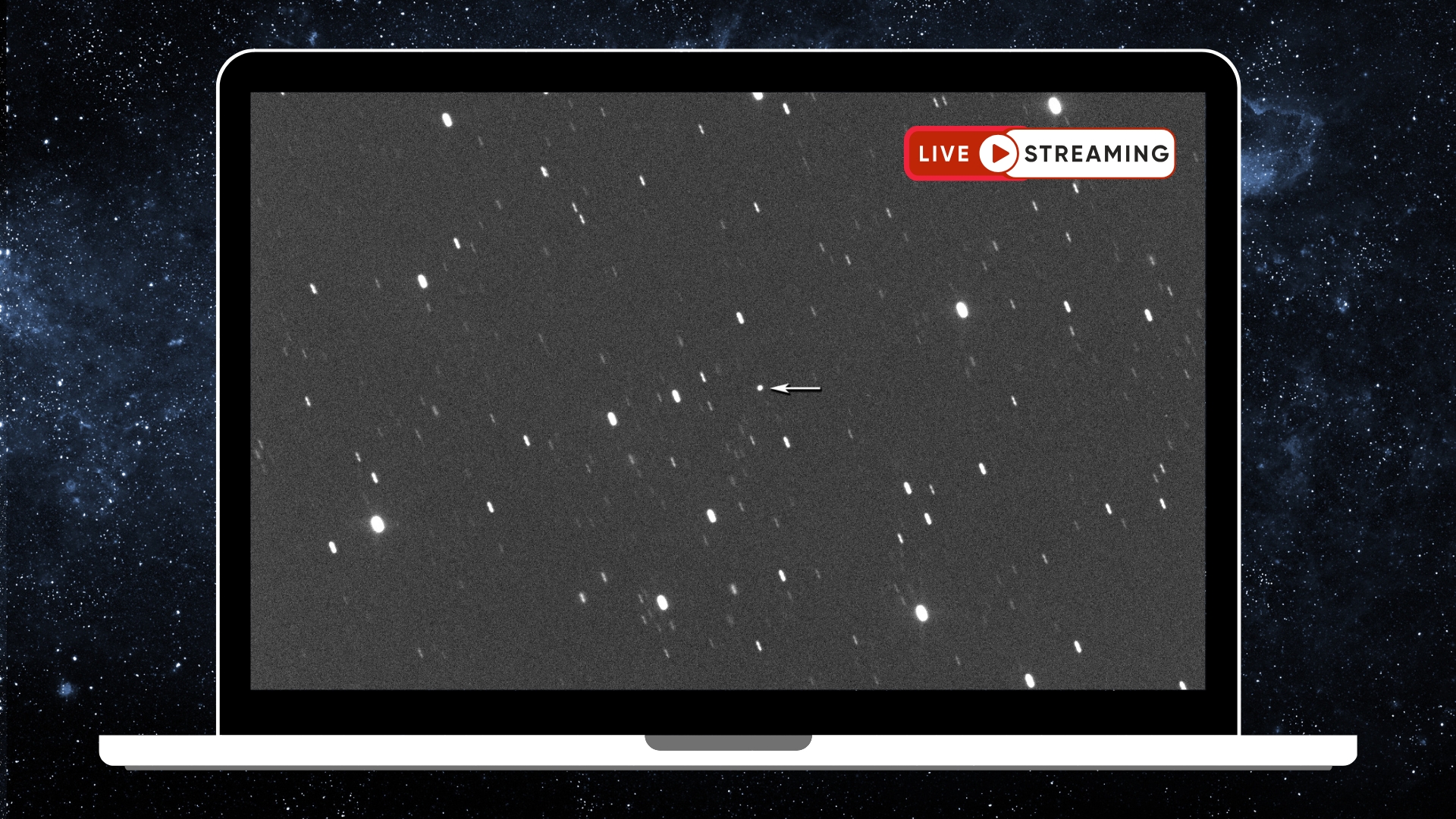
Watch 'potentially hazardous' asteroid fly near Earth this weekend in this free livestream
By Samantha Mathewson published
The near-Earth asteroid 2025 BC10 will pass safely near our planet on Saturday (April 5). The Virtual Telescope Project will livestream views of the asteroid's close approach online.
Get the Space.com Newsletter
Breaking space news, the latest updates on rocket launches, skywatching events and more!
